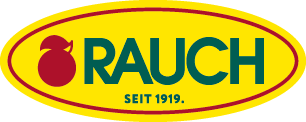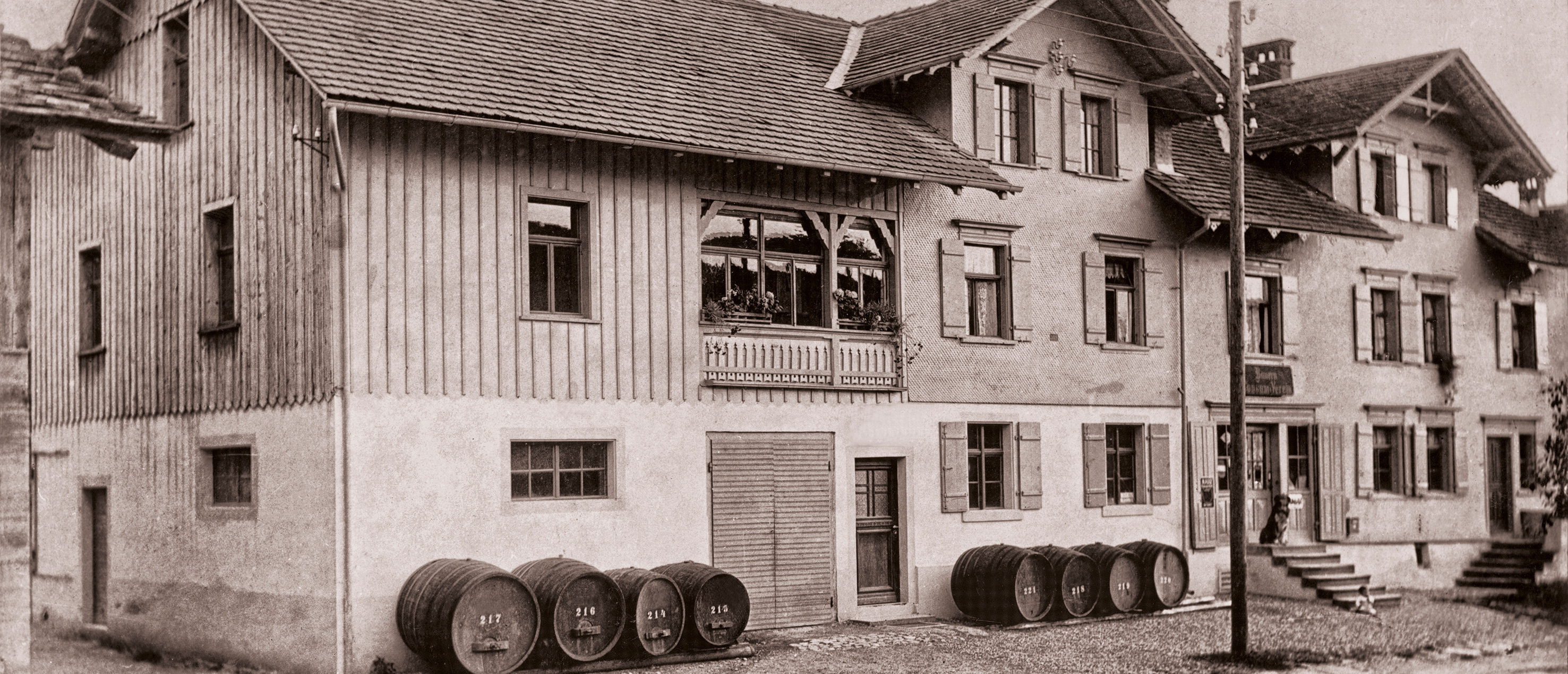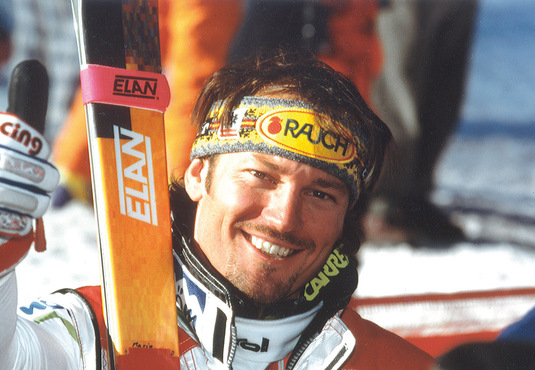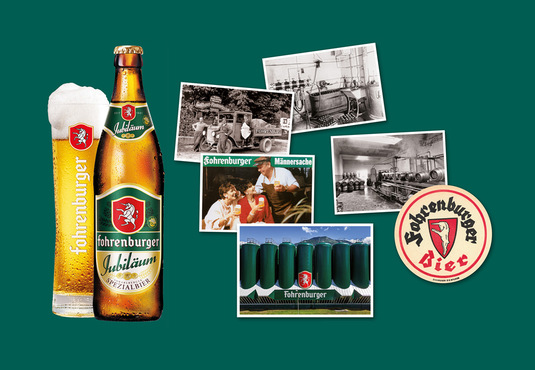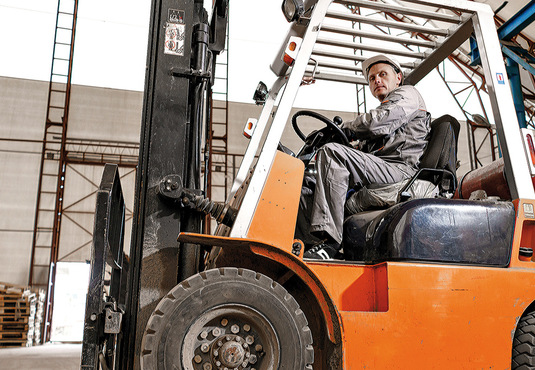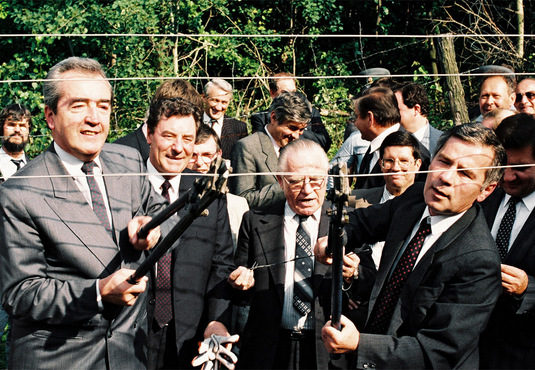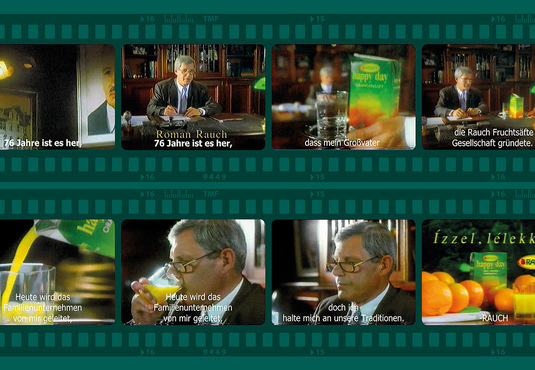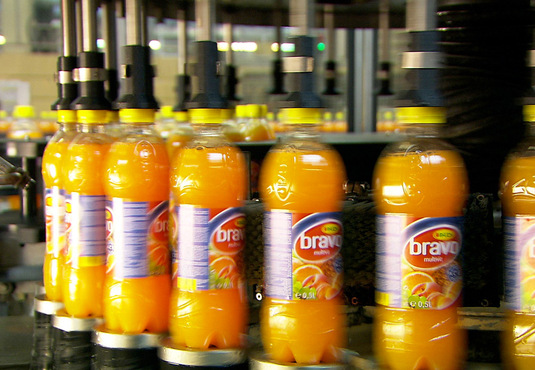
The fall of the Iron Curtain: The East opens up
In 1989 the 'Iron Curtain', the border that had divided Europe into the 'Eastern Bloc' and the 'Free West' for over 40 years, finally fell. This political change also fundamentally changed Rauch's situation. "There were no fruit juices in the countries of Eastern Europe. The demand was huge and many of our long-standing fruit suppliers were now beginning to sell our juices," remembers Roman Rauch.
But after just a few years, many partners were starting to produce for themselves. The purchase of fresh fruit was becoming more and more difficult in the east now, too. New traders tried their luck, some were good, others terribly bad. "It soon became clear to us that if we wanted to maintain our leading position, we would have to go to the East ourselves. Producing where the fruit actually grows increases quality and saves transport costs."
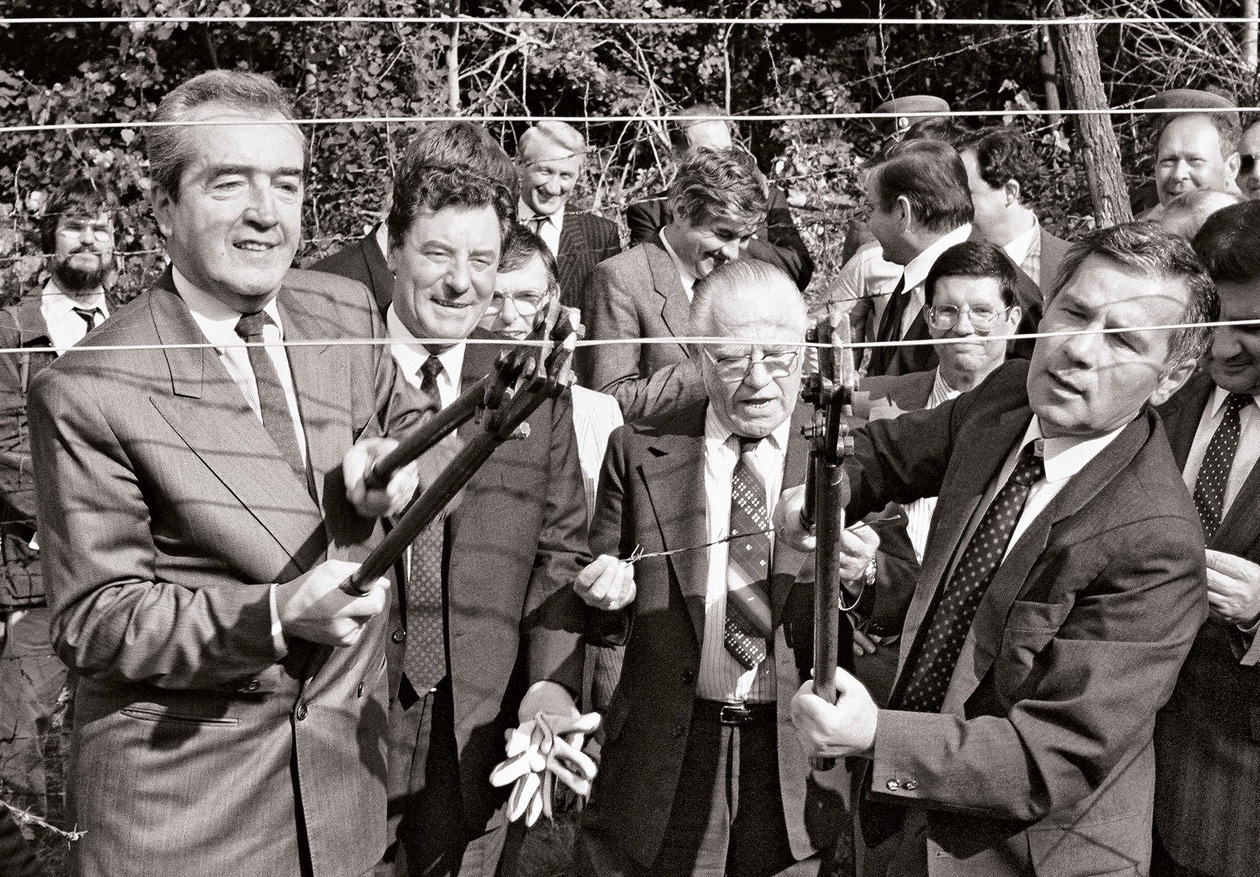
On 27 June 1989 Austria's Foreign Minister Alois Mock and his Hungarian counterpart Gyula Horn cut the first symbolic pathway into the iron curtain. The subsequent political change in Eastern Europe also opened up completely new horizons for Rauch.
